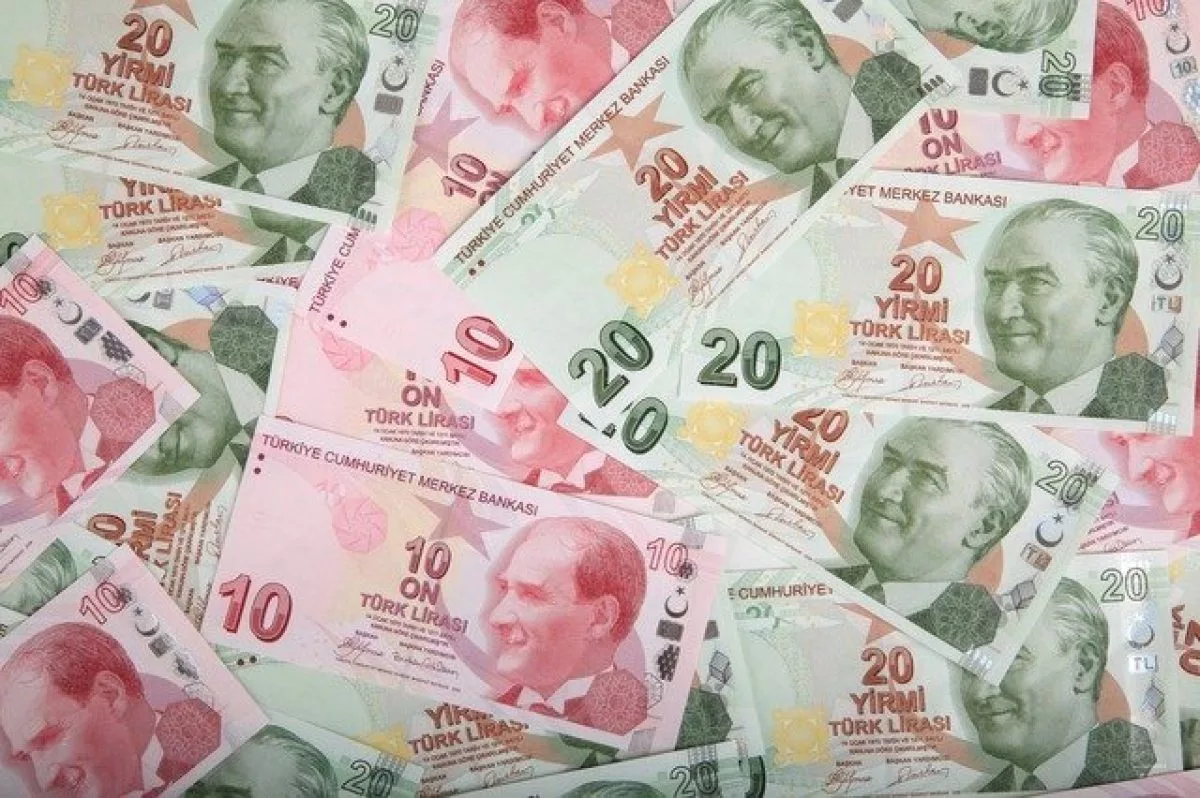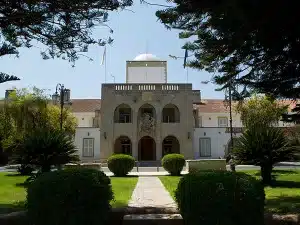After years of wrestling with soaring inflation and a battered currency, Türkiye hopes the turnaround of the economic policy in 2023 will pave the way for a sustained recovery in 2024. But experts warn the journey will be long and arduous.
The country lurched from ultra-loose monetary policy to fiscal orthodoxy this year, with a new financial team led by Treasury and Finance Minister Mehmet Simsek taking the helm in early summer.
Aggressive interest rate hikes since June have sent the policy rate skyrocketing from 8.5 percent to 42.5 percent in just seven months, offering a glimmer of hope for the country to rein in the rampaging inflation.
“The tightening we’ve seen since June sets the stage for what’s next,” said Arda Tunca, an independent economist from Istanbul. “We can expect these measures to start impacting inflation in the second half of 2024 finally.”
He warned, however, that monetary policy alone won’t suffice, adding that structural reforms are crucial to building resilience against inflationary pressures and addressing Türkiye’s stark income disparities.
Inflation topped 85 percent in October 2022 and remains above 60 percent, inflicting hardship on consumers. However, monthly increases have shrunk from summer highs of around 9 percent to about 3 percent in recent months.
The central bank projected annual inflation to peak above 75 percent in May before embarking on a disinflationary path, bringing consumer prices down to 36 percent by December 2024.
“Annual inflation is to drop rapidly after June,” Turkish President Recep Tayyip Erdogan told reporters earlier this month, assuring that his country’s economic health is improving.
The Turkish lira, which slumped nearly 30 percent against the dollar in the first half of 2023, continues to depreciate but at a slower pace. This bodes well for inflation, as Türkiye relies heavily on imports.
Encouragingly, foreign investors are sending positive signals after the shift to orthodox policymaking, according to Türkiye’s Foreign Economic Relations Board President Nail Olpak.
“We receive signals not only from the Middle East but also from Europe and the United States,” Olpak was quoted by Türkiye’s Daily Sabah as saying.
The official anticipated stronger foreign interest in Turkish assets after the March 2024 local elections, where Erdogan seeks to regain control of Istanbul and Ankara.
Municipal elections are a hot topic closely followed by economists who fear that the Ankara government could make short-term, voter-pleasing decisions that may derail the current disinflation trajectory.
Another concern is that although high interest rates are anticipated to curb disinflation, they will also create significant financial challenges for small and medium-sized businesses, as borrowing costs become notably expensive.
“In addition to the economic slowdown, bankruptcies are expected to increase in the real sector next year, especially due to increasing credit costs,” Senol Babuscu, a former senior banker and an Ankara-based scholar, told Xinhua.
Babuscu said that this would translate into an increase in non-performing loans for banks.
Despite the challenges, international experts are cautiously optimistic about Türkiye’s potential for recovery. Timothy Ash, a senior strategist at RBC Bluebay Asset Management, sees a positive turn, with 2024 offering “really exciting” prospects.
“We’ll see disinflation. We’ll see inflation fall. It will stabilize the lira. And I think that will bring money back to Türkiye,” he told Anadolu Agency in a recent interview. ■
Türkiye decided to ramp up the monthly minimum wage by 49 percent to 17,002 Turkish liras (578.4 U.S. dollars) starting…
The Turkish currency hit a fresh low against the U.S. dollar on Thursday, trading at nearly 29 liras per dollar.…














